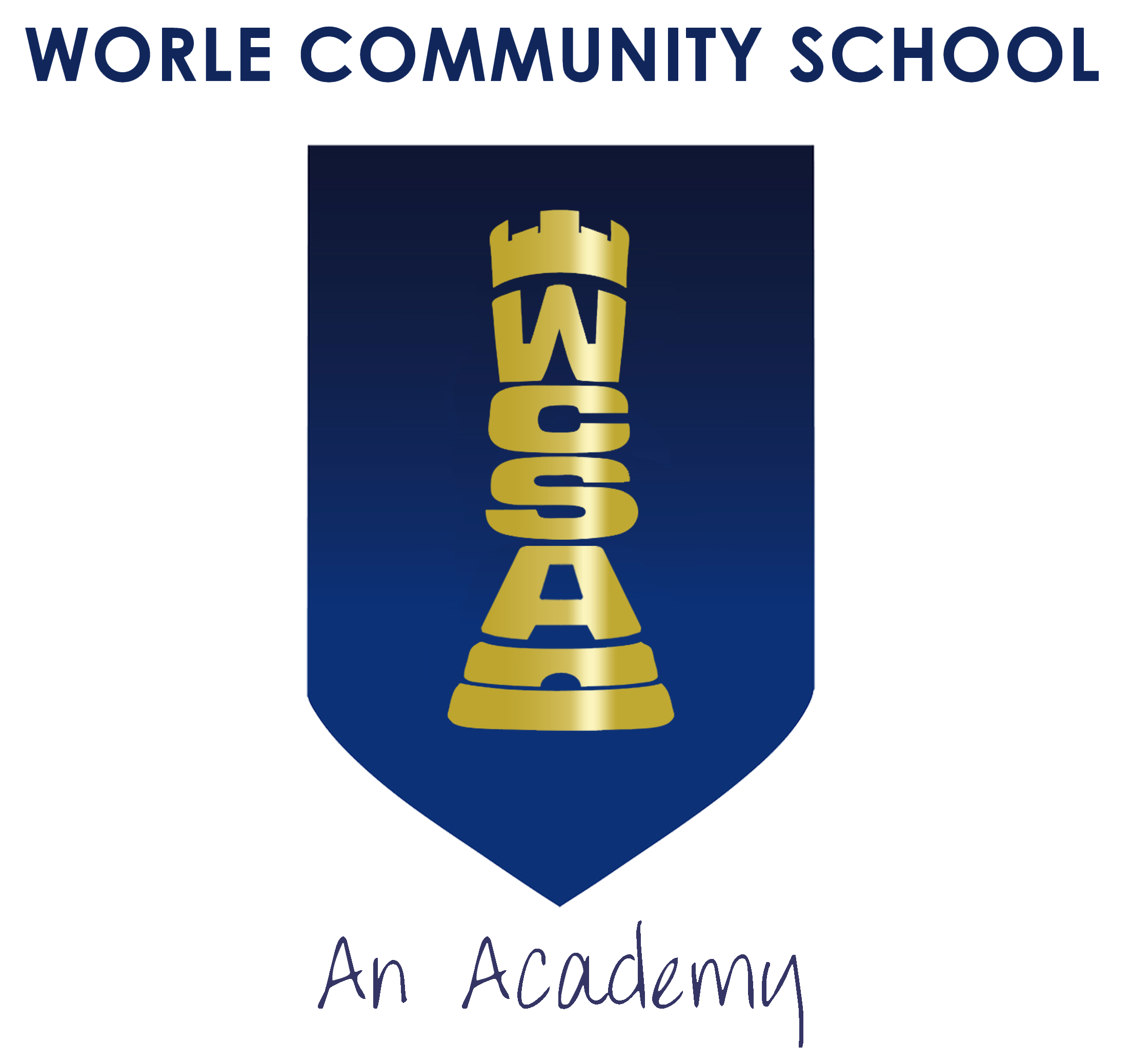Year 7: students begin with non-verbal communication through Mime. This acts as an introduction to drama as an art but builds confidence before they move onto vocal work in learning cycle 2, where we explore The Terrible Fate of Humpty Dumpty a play that explores social groups, peer pressure and bullying. In LC3 students explore theatre design and create their own Wonderlands, this culminates in their own Britain’s Got Talent Attraction style physical theatre piece. They finish in the summer by exploring the comedy genre melodrama, in which they produce their own melodramatic silent film.
Year 8: students begin with Trestle masks, looking at the clowning art form and powers of non-verbal communication in storytelling. They then explore the historical, tragedy and comedy works of Shakespeare, aiming to modernise them for a contemporary audience. Students then progress to look at the “Greatest Showman” a learning cycle exploring the fundamental theatre practitioners and then go on to futuristic worlds by creating their own dystopias.
Year 9: students are currently exploring dystopias and creative ways of structuring their performances. They then move on to commedia dell’arte, an Italian style of comedy, where they explore stock characters, lazzi’s and different commedia scripts to create comedy. Students then begin a devising project looking at war as their stimulus, where they analyse different war inspired stimuli in different formats (for example poetry, plays, novels, images, video clips, newspaper articles etc)and create their own performances in response to them. Students then finish the year looking at verbatim theatre, a style of documented theatre in which plays are constructed from the precise words spoken by people interviewed about an event, topic or issue.
Year 10 and 11: students study the BTEC TECH award in Performing Arts. This is a vocational qualification that prepares learners for a career in the Performing Arts industry, by combining theory and practical work. There are 3 units within the award.
Unit 1- Exploring the Performing Arts: students explore 3 different practitioners work by watching their work, participating in workshops of that practitioner and creating pieces in their style. We are currently looking at Willy Russell’s Blood Brothers a naturalistic musical, Frantic Assembly’s Curious Incident of a dog in the night time a piece of physical theatre and the work of Kneehigh theatre company.
Unit 2- Developing Skills and Techniques in the Performing Arts: students perform two repertoires of play and are responsible for the entire from page to stage process. This includes selecting the play, the extracts, casting, conducting rehearsals, directorial decisions, design, reviewing, refining, improving and the final performance itself.
Unit 3- Performing to a Brief: the exam board releases a paper in which students create a performance in response to the brief to an examiner. The brief usually includes a stimulus, a dramatic intention and a target audience. Students are assessed on how well their piece meets the criteria and the performance itself.
